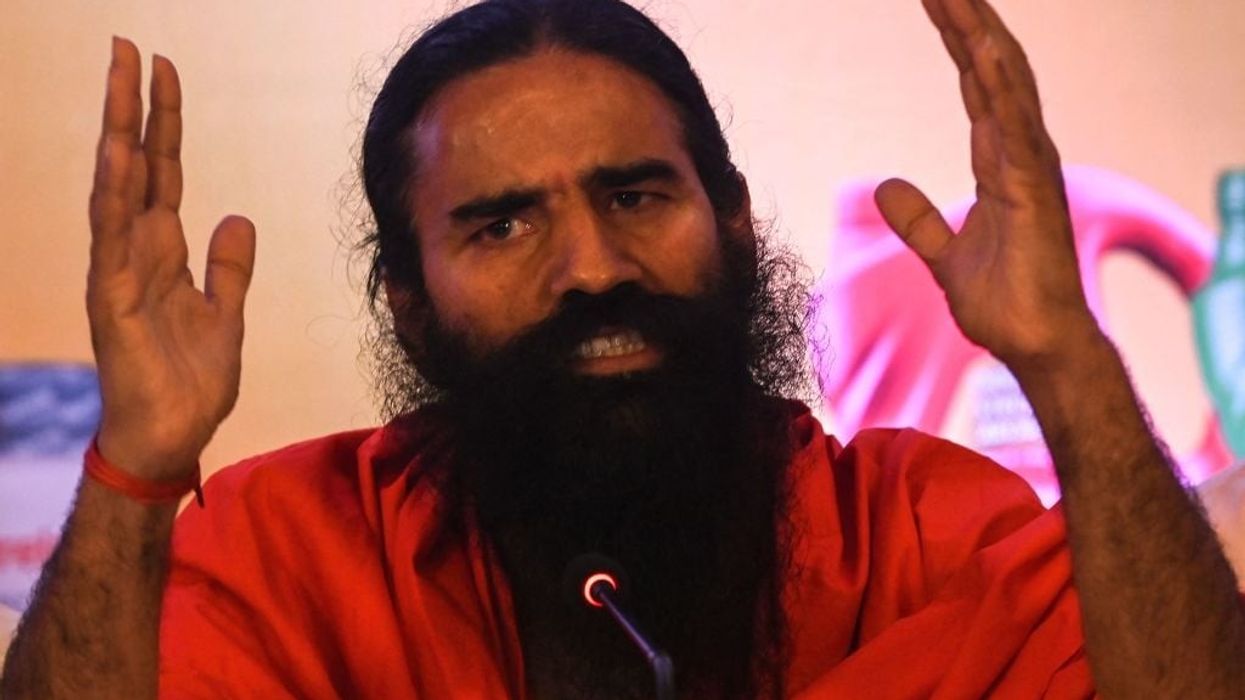India's Supreme Court has admonished the head of a state drugs regulator for failing to take action against a popular yoga guru Baba Ramdev's firm which claimed its traditional ayurvedic medicines can cure diseases such as diabetes and asthma.
The top court said on Wednesday the state drugs department had "tried to pass on the buck" despite being informed in 2018 of advertisements issued by Divya Pharmacy, a unit of yoga guru's hugely popular firm Patanjali Ayurved.
Ramdev, dressed in a saffron-coloured robe, attended the hearing of a contempt case against Patanjali for defying court directives to stop publishing the ads.
Mithilesh Kumar, the head of Uttarakhand state drugs regulator, also attended the session. With folded hands, he pleaded with the judges to give him more time to take action against the company, which the judges refused.
"Why should we not come down on your officers like a ton of bricks?" Justice Hima Kohli asked the Uttarakhand state counsel.
"Instead of taking action, the state licensing authority told (the federal government) that it has issued a warning to the concerned firm and further action will be subject to the direction of the Supreme Court," Kohli said.
Ramdev is one of India's top yoga gurus and offers ayurvedic cures for many illnesses through his TV shows. He has also shared the stage with ministers in Prime Minister Narendra Modi's government and leaders of the ruling Bharatiya Janata Party in the past.
The two-judge bench said the drugs authority remained in "deep slumber" on the issue and had failed to act after issuing a warning to the firm over the advertisements.
The bench also refused to accept a second apology by Ramdev and Patanjali co-founder Acharya Balkrishna for defying the court's order. It set April 16 as the next date for the hearing. (Reuters)




